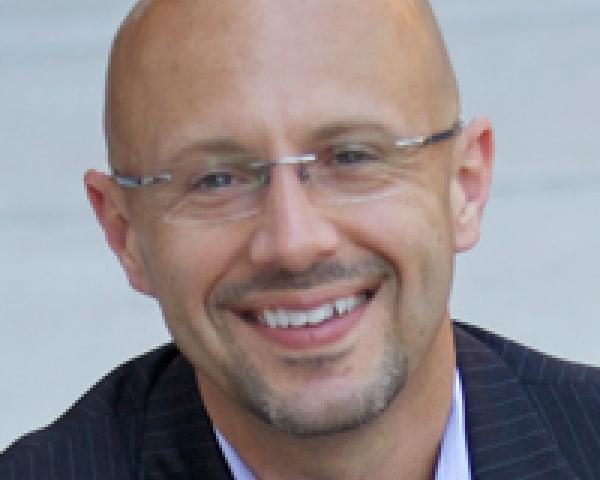How many of you have ever put together a proposal for a prospect, and the more you worked on it, the more excited you got? By the time you have it finalized, it's all you can do to not run over to their office right away. After all, it is SO OBVIOUS that you have the right solution for them. There is NO WAY they could say "No." This one is in the bag!
But the unexpected “No” happens all the time, doesn't it?!
Change has always been hard
Over the past several years, there has been a renewed interest in the unbundling of medical plans and the assembly of more creatively designed self-funded plans. It has become apparent how broken the system is and how much wasted money it sucks out of consumers’ wallets.
Benefits advisers have been educating themselves on where to look for the waste and restructure plans by implementing value-based insurance design (VBID) principles into self-funded plans. Quite often, these plans allow employers to improve the benefits they provide to employees while significantly reducing the costs.
We have regularly discussed, online, and in previous blogs, the frustration advisers have had with employers’ hesitation to make the changes necessary to put a new plan in place. "Thanks, but we're going to stay where we are," is a common, if seemingly irrational, response. Even when it comes with increased benefits and may offer cost savings as much as seven-figures.
Many factors contribute to the reluctance, but it just goes to prove something we all know. Change is hard; it always has been and always will be.
As the saying goes . . .
We don’t embrace the pain of change until the pain of not changing becomes greater.
Our ability to ignore the current pain is truly perplexing.
Until change is forced on us
The reality is, in a typical business environment, our circumstances evolve so gradually that we have the luxury of managing change on our terms. Oftentimes, the process includes making a conscious decision not to change at all.
And then came the pandemic.
The pandemic has FORCED unprecedented change on everyone. Not only have we all had to face change, but we have also had to face it at an unprecedented pace, level and frequency in EVERY aspect of our lives.
It’s safe to say we’re all exhausted.
Business owners are no different and may be the most tired of all. They have change fatigue and are saying unapologetically, “I’m not forcing ANY additional change on my employees.”
This is adding a hurdle to your challenge of bringing creative solutions to employers. When they arguably need these ideas more than ever, their aversion to additional change is at an all-time high. Not only are employers less inclined to move to self-funding right now, but they are also less willing to move from one fully insured carrier to another.
“NO MORE CHANGE” is a literal demand.
Change the change you ask them to make
This really sucks for those of you whose client acquisition strategy depends on prospects making plan changes in order for you to write a new client.
We recently asked on LinkedIn, “How are prospects responding (compared with pre-COVID) to recommendations to change their medical plan in exchange for significant savings?” 68% said they are finding prospects “less likely to change.”
However, this doesn’t mean you can’t be acquiring new clients right now. It merely means that, more than ever, you have to separate the business owner’s decision to work with you from the decision the owner makes about which plan to offer employees.
See also: An Inconvenient Sales Truth
Employers are faced with two primary decisions regarding their benefits program:
- the decision of which plan to offer and
- the decision of the adviser with whom they will work.
SOMETHING has to change
You can argue all day about what a bad decision it is for employers not to make plan changes, but that is the reality of where they are today. If you insist on showing up at renewal with a spreadsheet, you will quickly become a victim of their organizational change fatigue.
So, change when you are showing up and the decision you are ask them to make.
We write all the time about how critical it is for you to bring a broader, more consultative approach to the sales process. We preach all the time that there are countless opportunities (communication, technology, compliance, HR resources, etc.) for you to bring improved results to your clients that don't necessitate any modifications to their benefits program.
Use this to your advantage. Yes, businesses have change fatigue. As much as they may ultimately benefit from a change, the last thing they want is the thought of anything else being disrupted.
They want and need relief. Lead them there, my friend.
The off-renewal, consultative sales process we have always promoted as a competitive advantage has quickly become a non-optional approach. Clients may fight irrationally against anything that brings additional change to their team. Still, they will embrace in a heartbeat a partner capable of delivering a respite from the challenges they find themselves dealing with every. single. day.
You can find this article originally published here.








